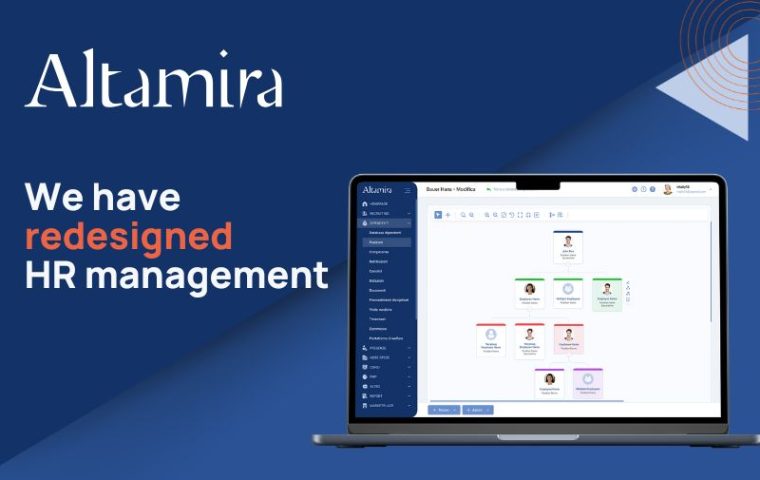Have you ever started to search for a new employee in good time, but after several weeks found yourself with only a small number of applications, many of which are not fitting the job description?
Despite the high unemployment in many countries, such as in Italy, this situation is not uncommon at all.
Some mistakes you might be making in the job search phase can greatly reduce the number of CVs you will receive for your open position, thus limiting the quality of your recruitment.
Here are some of the most common errors.
1. Putting out low-quality job ads
A well-written job description can make the crucial difference in the number and especially the quality of the applications you receive in response to your job ads. The secret is to present the information in a clear, concise and organized manner, avoiding misunderstandings and ambiguities.
2. Not using the right channels
If you are always using the same channels to search for new employees, it’s very likely that you’re missing out on a lot of great talent out there. It’s not just about the difference between online (job search engines, social media, etc.) and offline (job fairs, career days, newspaper ads, etc.): the databases of candidates that you can reach are also very different from one job site to another.
Thus, if you want to increase the number and quality of the applications you receive, our suggestion is to cast as wide a net as possible and understand the strengths and weaknesses of each source of potential applications.
3. Not taking care of employer branding
Employer branding is the activity that defines, manages and promotes the image of a company as a workplace. The basic principle behind it is very simple: an unknown brand—or, even worse, one that doesn’t enjoy a very good reputation among employees—inevitably attracts fewer applications than it would otherwise, especially from younger people.
The absence of an employer branding strategy can have highly negative consequences, as evidenced by some of the mistakes made by well-known companies in recent months.
To learn more about this topic and prepare a strategy for your company, you can read our article Employer branding: how to succeed in the hunt for talent.
4. Asking candidates too many questions
Many companies fall into the temptation of putting up an application form with very many fields to fill out, so they would get a wealth of data for their database from the start. However, this strategy is counterproductive, since a lot of candidates—who are increasingly using their smartphones to send job applications—abandon the process partway through because it is too long.
If you’re not a big brand that needs to weed out an inordinately high number of applications, it would be better not to ask more questions than are strictly necessary to carry out the selection process. The rest of the information will be available in the CVs in any case, which can be easily mined for data using recruiting software.
5. You don’t have a Career site
One of the first things that prospective candidates will do after reading a job ad is go look through the company’s website.
Having a Careers section on your company website benefits you twofold: first of all, it allows you to receive unsolicited applications even when you have no open positions, so you can build a database that you can draw on in times of need. Then, it also allows you to communicate with potential candidates directly, showing them the atmosphere of the company, the benefits for employees, the career paths, etc.
6. You don’t have a company page on LinkedIn
LinkedIn is the social network for jobs par excellence, and, while not enough all by itself, it is essential to have a presence there. Try to use it in a proactive manner, searching for and contacting possible candidates that interest you.
7. You don’t invest when necessary
When you need to hire a large number of employees, or you have some particularly hard-to-fill positions, it might not be enough to rely solely on ”organic” search engine traffic. Buying sponsored ads on the job search engines will give you that extra visibility that is indispensable in such situations.
8. The candidate you’re looking for doesn’t exist
You’re not making any of the mistakes listed above, but you still can’t find the person you’re looking for?
Some job searches end up unsuccessful for one simple reason: the person you’re looking for (for example, a highly specialized professional who also resides in a small town) simply doesn’t exist. Try to always keep your expectations at the right level, and widen the net of your search if necessary.
Copyright: ©Antonioguillem/Fotolia.














